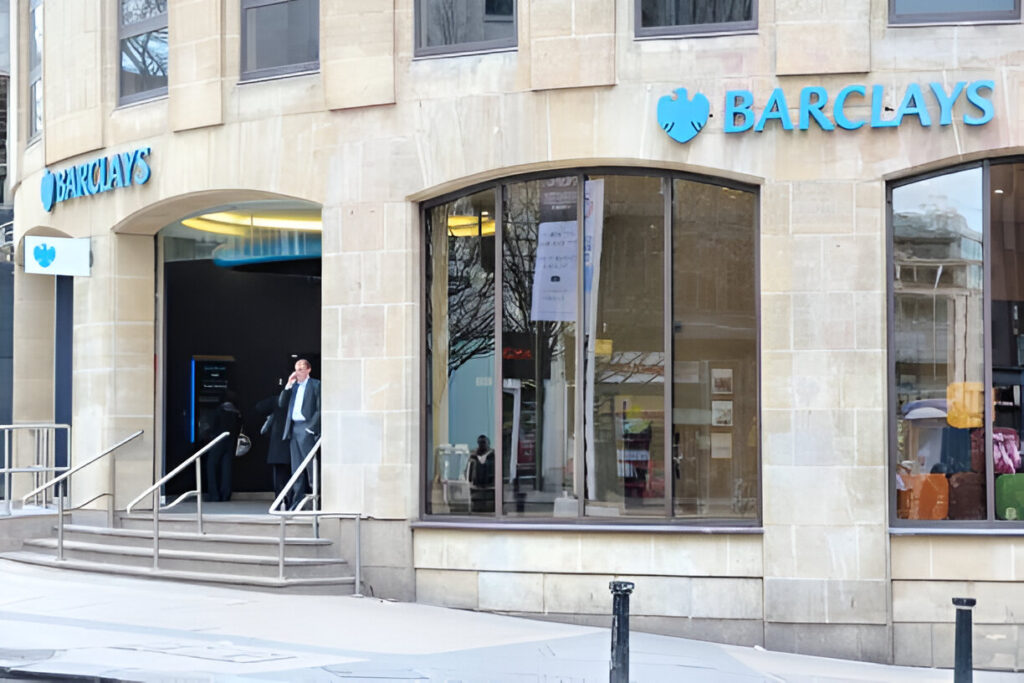Bankruptcy is often seen as a last resort for individuals and businesses facing insurmountable financial challenges. In Birmingham, a city with a rich industrial heritage and a diverse economy, the complexities surrounding bankruptcy can be overwhelming. Understanding the process, its implications, and the available resources is essential for anyone considering this route.
What is Bankruptcy?
Bankruptcy is a legal process that provides relief to individuals or businesses unable to repay their outstanding debts. It is designed to give a fresh start to those who find themselves in dire financial circumstances. In the UK, the most common forms of bankruptcy are Individual Voluntary Arrangements (IVAs) and full bankruptcy. The process can discharge debts, allowing individuals to move forward without the burden of financial obligations.
The Bankruptcy Process in Birmingham
- Filing for Bankruptcy: The process begins with an application, which can be completed online. In Birmingham, individuals seeking to file for bankruptcy must provide detailed information about their financial situation, including income, expenses, assets, and debts. It’s crucial to be thorough and honest, as any discrepancies could lead to complications.
- The Court Hearing: After submitting the application, a court hearing is scheduled. This hearing is typically brief and focuses on confirming the individual’s financial status. It’s advisable to have legal representation or advice, as navigating court proceedings can be daunting.
- Receiving a Bankruptcy Order: If the court approves the application, a bankruptcy order is issued. This order triggers the legal implications of bankruptcy, including the appointment of a trustee to oversee the bankruptcy process. The trustee’s role is to manage the individual’s assets and ensure creditors are paid as much as possible.
- Asset Evaluation: The trustee will assess the individual’s assets to determine what can be sold to repay creditors. While essential items, such as basic clothing and household goods, are generally exempt, more valuable possessions may need to be surrendered.
- Discharge from Bankruptcy: In most cases, individuals are discharged from bankruptcy within a year. However, this period can vary depending on the complexity of the case. Once discharged, individuals are relieved of most debts, allowing them to start anew.
Implications of Bankruptcy
While bankruptcy can provide relief, it also has significant implications. It affects credit ratings and can limit future financial opportunities. In Birmingham, individuals considering bankruptcy should weigh the pros and cons carefully. Seeking advice from financial advisors or debt charities can provide valuable insights and alternative solutions.
Resources Available in Birmingham
Several resources are available for individuals facing financial difficulties in Birmingham:
- Citizen’s Advice Bureau: They offer free advice on financial matters, including bankruptcy and debt management.
- Local Law Firms: Many law firms in Birmingham specialize in bankruptcy and insolvency, providing legal guidance throughout the process.
- Financial Advisors: Professional financial advisors can help individuals explore alternatives to bankruptcy, such as debt consolidation or IVAs.
Conclusion
Bankruptcy in Birmingham can be a complex and daunting process, but it also offers a pathway to financial recovery for those in dire straits. By understanding the process, seeking appropriate advice, and weighing the implications, individuals can make informed decisions about their financial futures. Whether considering bankruptcy or exploring alternative solutions, the support and resources available in Birmingham can guide individuals toward regaining control over their financial lives.
Click the link below to find out more!

